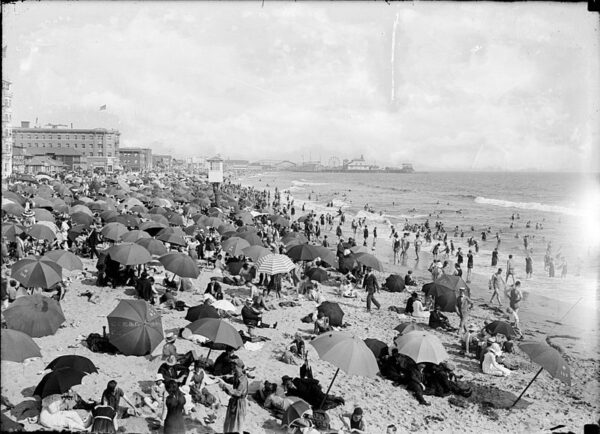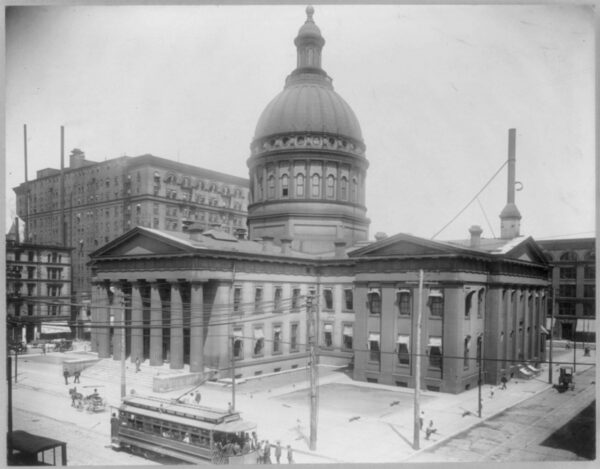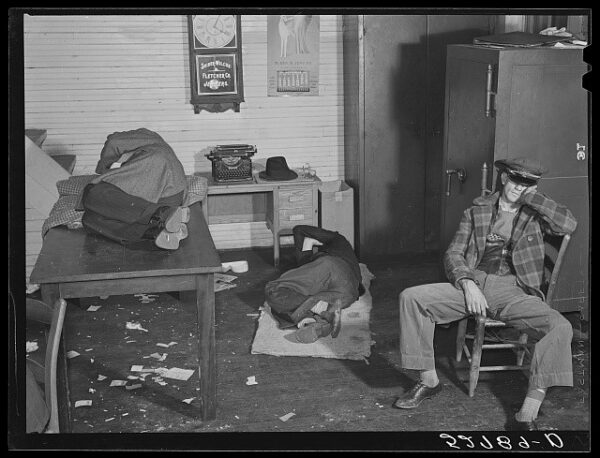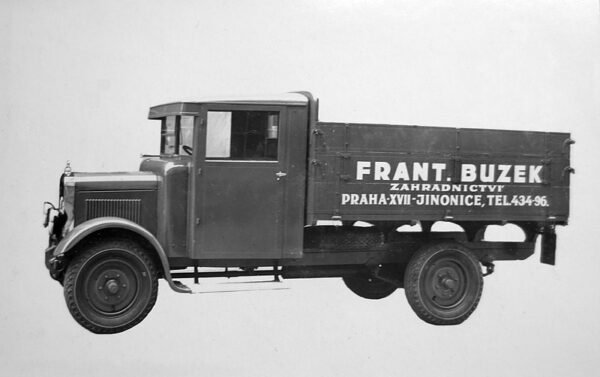Archive for the ‘Uncategorized’ Category

PLAY PAY
With Memorial Day and July 4 approaching, California employers should review and, as needed, update their written holiday policies.
California law does not require employers to provide or to pay for holiday time off.

GOOD WORKPLACE POLICY IS BOSS
Clear, written workplace policies are critical components for workplace legal compliance and productivity. The volatile combination of COVID’s impact on workplace management and California’s lawsuit-prone reputation underscore the preventative importance of such written rules and protocols.

CALIFORNIA PAID VACATION CAN BE NO HOLIDAY
California businesses do not have to offer workers paid vacations. However, the Labor Code dictates that if implemented, such pay is an accrued or accruing benefit, prohibiting a “use it or lose it” plan.

WORKPLACE INCOMPETENCE: NOT A CIVIL RIGHT
Wisely, the federal and California workplace anti-discrimination protections do not include ineffectiveness, ineptness, uselessness, or incompetence.

CAUTIONARY TALE EPISODE 42 THE PAGA MONSTER IS HUNGRY
Employees’ attorneys are increasingly relying on the California Private Attorney General Act (PAGA) to pursue businesses for Labor Code violations.

KEEP ON PROVIDING
No state is likely more protective of employees than California nor more likely to have more employment-based claims in its courts. In our last 20-plus years of defending business in such lawsuits, nearly all have included worker allegations of meal and/or rest break deprivation.

EMERGENCY BRAKING REQUIRED
A federal appeals court has ruled that trucking companies must classify owner-operators as employees unless the relationship meets California’s highly restrictive “ABC” criteria for independent contractor status. Thus, haulers not in a position to change their independent relations with owner-operators must swiftly determine if they can meet the detailed “business-to-business” exception to the ABC test.

THE PERIL OF IGNORANCE
Failing to list each required paystub item – nine basic ones and up to another seven for piece pay recipients – for every worker and in every payroll period can subject a California employer to potentially devastating damages and civil penalties. For example, a trucking company employing 50 drivers and five office staff could find itself facing up to $1,000,000 in such damages and penalties for the simple – and inadvertent – omission of its address on the stubs over the space of just 12 months.

COMEBACK TRAIL
New California Labor Code 2810.8 requires all hospitality and business services employers — e.g. hotels; private clubs; event centers; airport-related hospitality operations or service providers; and janitorial, building maintenance or security services provided to office, retail or other commercial buildings — to offer new positions to qualified former employees laid off due to COVID-19, through 2024.

CALIFORNIA PIECE WORK IS A PIECE OF WORK
“Piece work” pay or “piece rate” is compensation for an employee’s unit of production. Until two key 2013 California Supreme Court decisions (Gonzales v. Downtown L.A. Motors and Bluford v. Safeway), this arrangement had long-worked to benefit workers and management in many industries. Trucking companies commonly paid drivers by the mile or by the delivery, auto repair shops paid mechanics by the task accomplished, and agricultural enterprises paid field workers by the bin or other unit measure.
